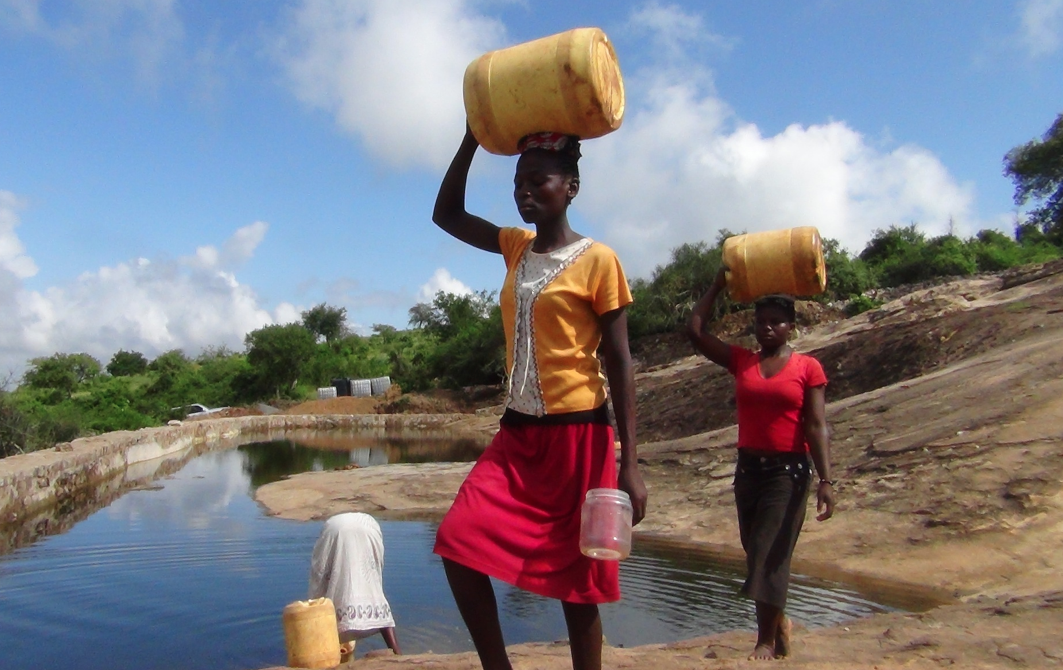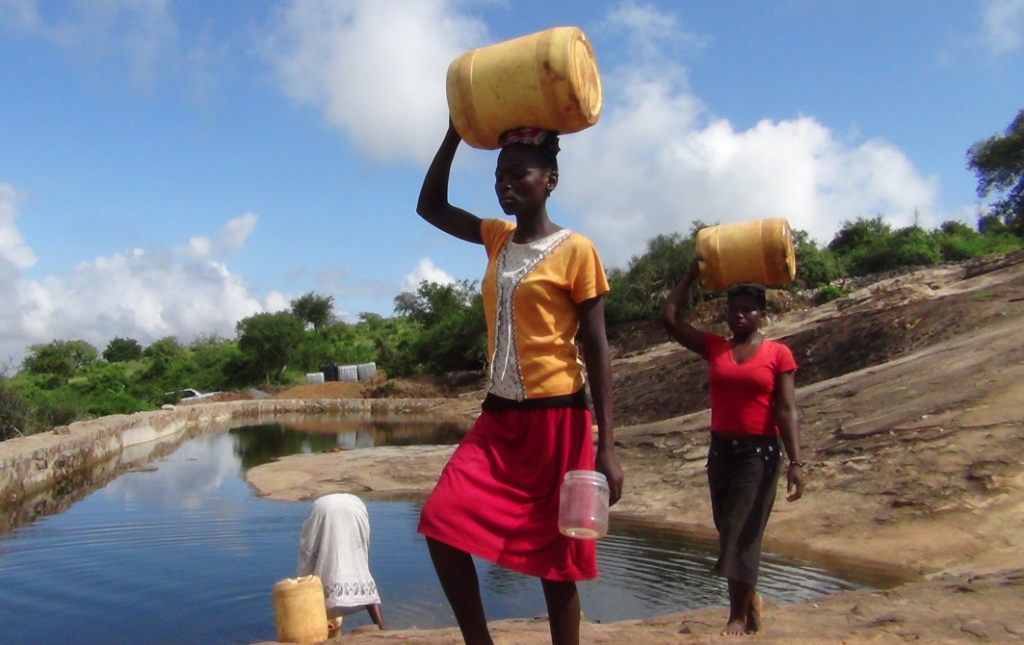Women and girls are frequently subjected to unacceptable risks of violence, including sexual, while accessing water and sanitation facilities.
Understanding the special needs of women and girls is essential in the selection and design of providing water and sanitation facilities and programmes to minimise the risks from violence and allow women and girls to access services with dignity.

“There is no development strategy more beneficial to society as a whole – women and men alike – than the one which involves women as central players”, this is a direct quotation from Kofi Annan the seventh Secretary-General of the United Nations from January 1997 to December 2006.
It is a general norm that women’s and girls’ ability to participate in educational, productive, civic and economic activities to empower themselves is often limited by a household division of labour that assigns to women and girls the bulk of the responsibility for everyday household maintenance tasks.
The legal framework has addressed this matter in the following: the Constitution stresses the environmental rights section 73 and the right to food and water section 77 for all citizens.
The Environment Management Act states that everyone is entitled to a clean and healthy environment which is not harmful to their health.
Lack of access to water and sanitation results in women working in an unhealthy environment.
Development according to the Act must be socially, environmentally and economically sustainable.
The Urban Councils Act is the main piece of legislation which governs urban local authorities in Zimbabwe.
Section 183 of the Act empowers local authorities to maintain a supply of water within and outside the council areas.
It also empowers council to take any necessary steps to ensure the provision of water services and sanitation to people. The Guidelines for Integrating Gender-based Violence Interventions in Humanitarian Actions (2015) provides clear guidance for practitioners to include prevention of violence against women in programmatic actions related to water and sanitation.
Sustainable Development Goal 6 recognises the interdependence of access to water and sanitation and development.
It aims to achieve universal and equitable access to safe and affordable drinking water for all by 2030.

